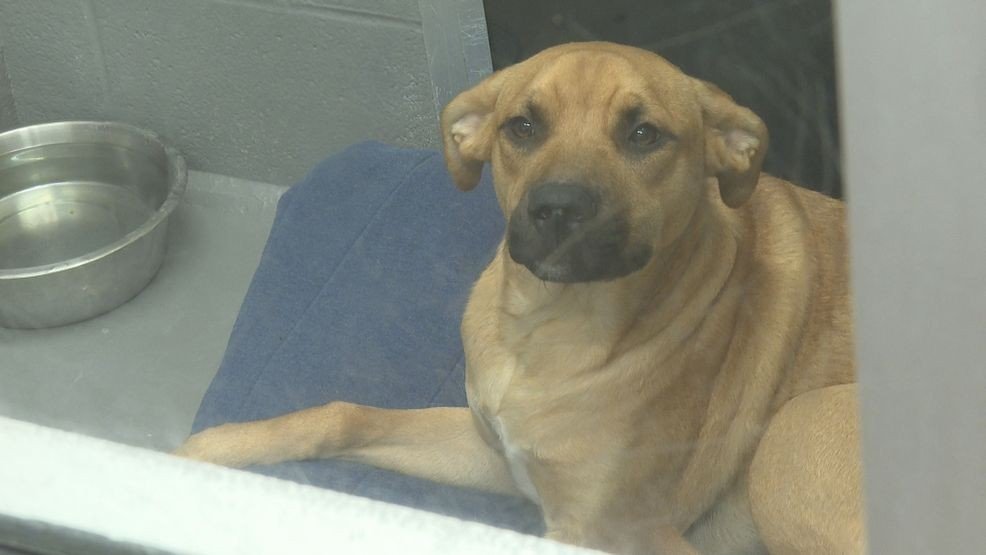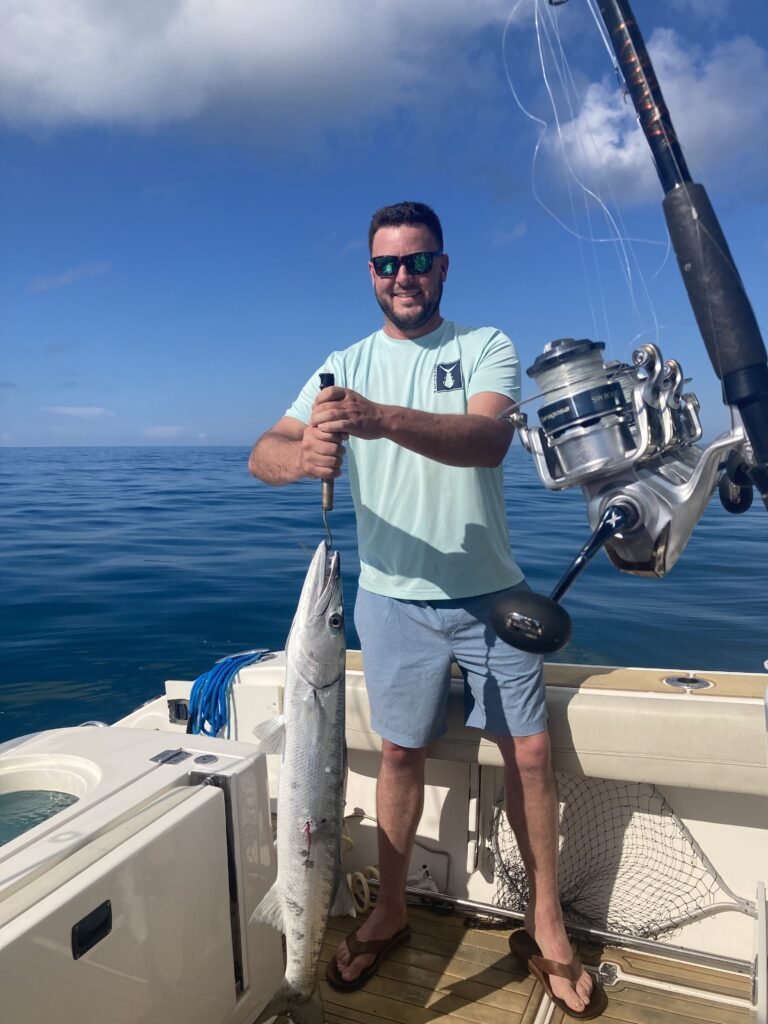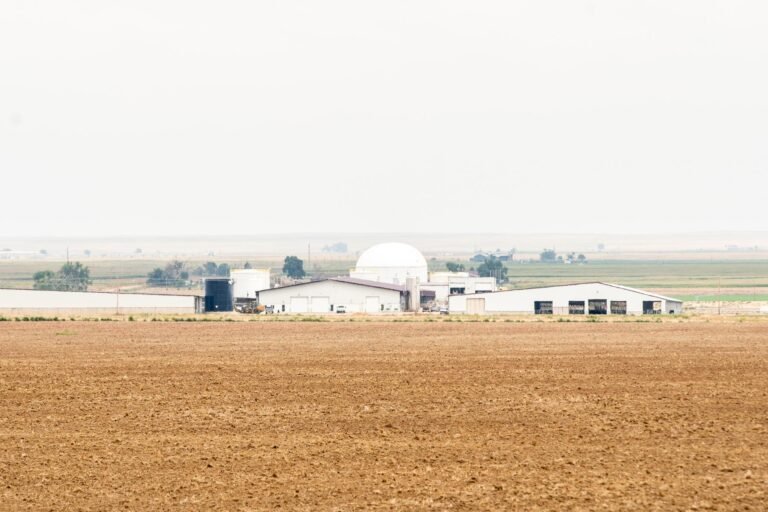What if your furry friend were to fall ill suddenly? Knowing about potential health risks can be essential for every pet owner. Recently, the Humane Society of Elkhart County made headlines as it temporarily closed its facility due to cases of parvovirus affecting dogs. Let’s take a closer look at this situation, its implications, and what you can do to keep your pets safe.

This image is property of wsbt.com.
Understanding Canine Parvovirus
Canine parvovirus, commonly known as parvo, is a significant concern for dog owners, especially those with unvaccinated pets. This highly contagious viral disease primarily attacks young dogs and puppies, making them particularly vulnerable. Parvo manifests as severe gastrointestinal illness, and without prompt treatment, it can even lead to fatal outcomes.
How Parvovirus Spreads
Parvovirus is primarily spread through contact with infected feces. Dogs can contract the virus by sniffing or stepping in contaminated areas, playing with infected dogs, or coming into contact with items that have been contaminated, such as food dishes or toys. The virus is resilient and can survive in the environment for months, which is why it poses a recurring risk in shelters and places where dogs frequently gather.
Symptoms of Parvovirus
Recognizing the symptoms of parvovirus early can be crucial for treatment. Common signs include:
- Severe vomiting
- Diarrhea (often bloody)
- Lethargy
- Loss of appetite
- Fever
If you notice any of these symptoms in your dog, seek veterinary care immediately. Prompt treatment can make a significant difference in recovery chances.
The Closure of Humane Society of Elkhart County
On August 28, 2025, the Humane Society of Elkhart County made the difficult decision to temporarily close its facility. This closure, which will last until August 29, was initiated after confirming positive cases of parvovirus in several dogs.
Reasons for the Closure
The shelter’s decision to halt operations serves multiple purposes:
- Limit Spread: By temporarily closing, the Humane Society can prevent further spread of the virus among the animal population.
- Thorough Cleaning: A deep cleaning of the shelter has been implemented, adhering to the guidance of shelter medicine experts to ensure that all areas are sanitized effectively.
- Vaccination and Testing: The shelter has moved to enforce stricter sanitation practices, including titer testing and potentially re-vaccinating all dogs currently in their care.
Expert Consultation
The Humane Society consulted with shelter medicine experts to review their cleaning protocols. Fortunately, their existing procedures were found to be strong and appropriate for the situation. However, in light of the new cases, they’ve stepped up their efforts to further ensure the safety of the animals.

This image is property of prod-gamecenter-assets.nmp.sinclairstoryline.com.
Important Steps You Can Take
As a responsible pet owner, there are several actions you can take to protect your dog from potential health risks, including parvovirus.
Regular Vaccination
Ensuring your dog is up to date on their vaccinations is one of the most effective ways to prevent parvovirus. Vaccinations have been shown to provide significant protection against this disease. Consult with your veterinarian to create a vaccination schedule that best suits your dog’s needs.
Recognizing and Responding to Strays
If you encounter a stray animal, it’s crucial to respond appropriately. The Humane Society of Elkhart County encourages you to bring them in for free vaccinations, including for parvovirus. This gesture not only protects the stray but can also help safeguard other pets in the community.
| Action | Description |
|---|---|
| Bring Stray Animals | Take them to the Humane Society for vaccinations and a microchip scan. |
| Temporary Care | Afterward, care for the animal temporarily and help locate its owner. |
Public Awareness
Public awareness about parvovirus is essential. Share information with fellow pet owners in your community, emphasizing the importance of vaccinations and recognizing symptoms early. The more informed everyone is, the better we can protect our furry friends.
What You Need to Know if Your Dog is Affected
If your dog exhibits symptoms of parvovirus, immediate action is crucial. Here’s what you should keep in mind:
Seeking Veterinary Care
Contact your vet as soon as possible. Early intervention can significantly enhance your dog’s chances of recovery. Treatment may include:
- Intravenous fluids for dehydration
- Medications to prevent vomiting
- Antibiotics to prevent secondary infections
Isolation Practices
If your dog has been diagnosed with parvovirus, it’s essential to isolate them from other animals to prevent the spread of the virus. Follow your veterinarian’s advice regarding your dog’s care and any cleaning protocols recommended for your home.

This image is property of prod-gamecenter-assets.nmp.sinclairstoryline.com.
Preparing for Future Health Threats
As a pet owner, staying informed about potential health threats is crucial. Here are some proactive measures you can implement:
Establishing a Healthy Routine
Establishing a routine for your dog’s healthcare can greatly minimize health risks. Regular vet visits, maintaining a balanced diet, and providing ample exercise contribute to overall wellness.
Keeping Vaccinations Current
Plan and monitor your dog’s vaccination schedule regularly. This proactive approach ensures that your dog has the best defense against common diseases, including parvovirus.
Educating Yourself and Others
Stay updated on pet health issues and share your knowledge with your friends and family. They might be unaware of the risks associated with parvovirus, and your effort could help save lives.
The Importance of Community Support
Local shelters and humane societies play vital roles in providing care and resources for our furry companions. However, challenges like the recent closure at the Humane Society of Elkhart County highlight the importance of community support.
Volunteering and Donating
You can make a difference in your local shelter by volunteering your time or donating supplies. Shelters often need help with daily operations, and your support can have a meaningful impact.
Spreading the Word
Being an advocate for your local humane society can help raise awareness about critical issues, including public health concerns like parvovirus. When the community is informed, it helps ensure that more pets receive the care they need and deserve.
Fundraising Efforts
If you are looking to contribute further, consider initiating or participating in fundraising efforts to support local shelters in times of need. Your efforts can directly impact the resources available to keep animals safe and healthy.

This image is property of prod-gamecenter-assets.nmp.sinclairstoryline.com.
Conclusion
The temporary closure of the Humane Society of Elkhart County due to cases of parvovirus underscores the importance of vaccination and awareness for dog owners. By staying informed and taking proactive steps for your furry friends, you can contribute to a healthier community for pets. Regular veterinary visits, proper vaccinations, and shared knowledge can significantly reduce the risks your dog faces. Remember, together, as a community of pet lovers, we can ensure that our beloved companions lead healthy, happy lives.
If you have any questions or are uncertain about your dog’s health, don’t hesitate to reach out to your veterinarian for guidance. Your proactive approach can keep your pet safe, healthy, and protected from illnesses like parvovirus.



